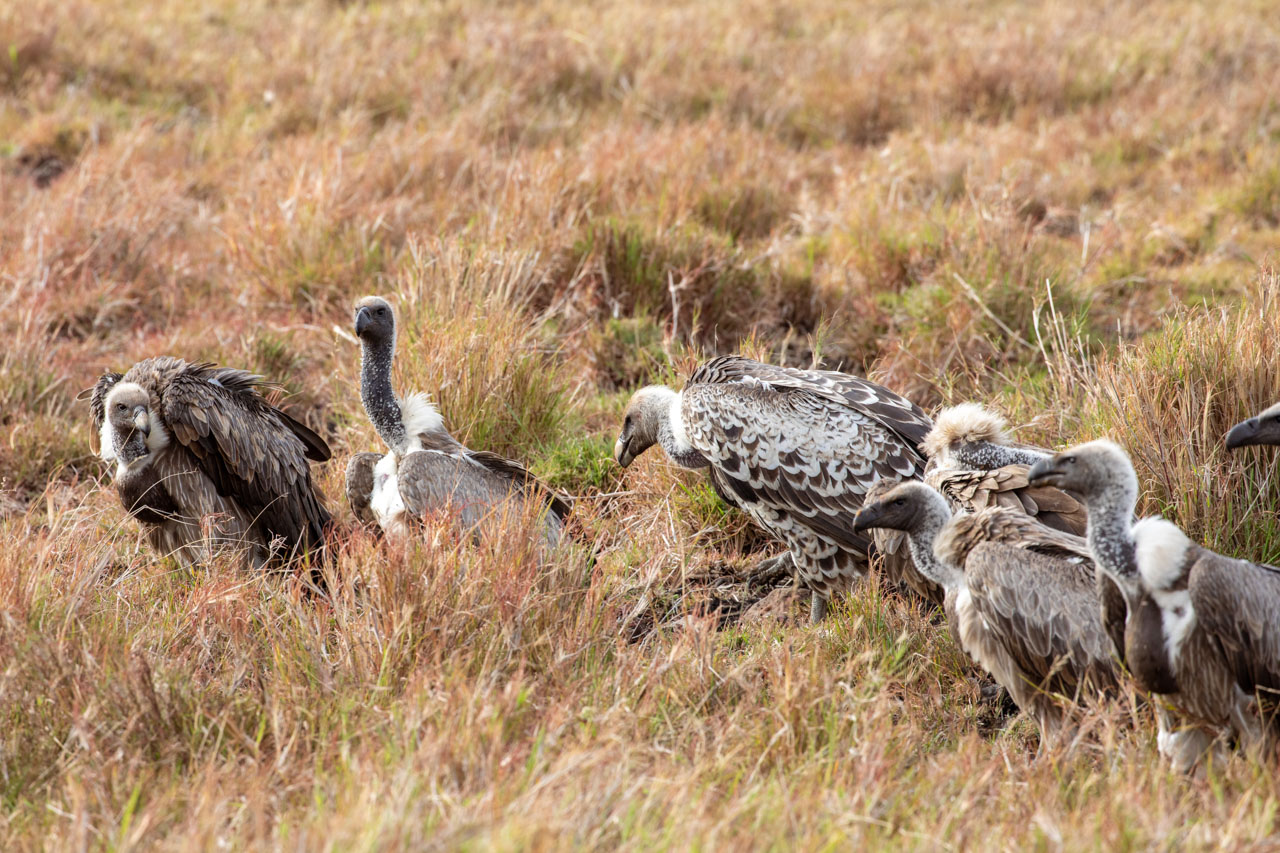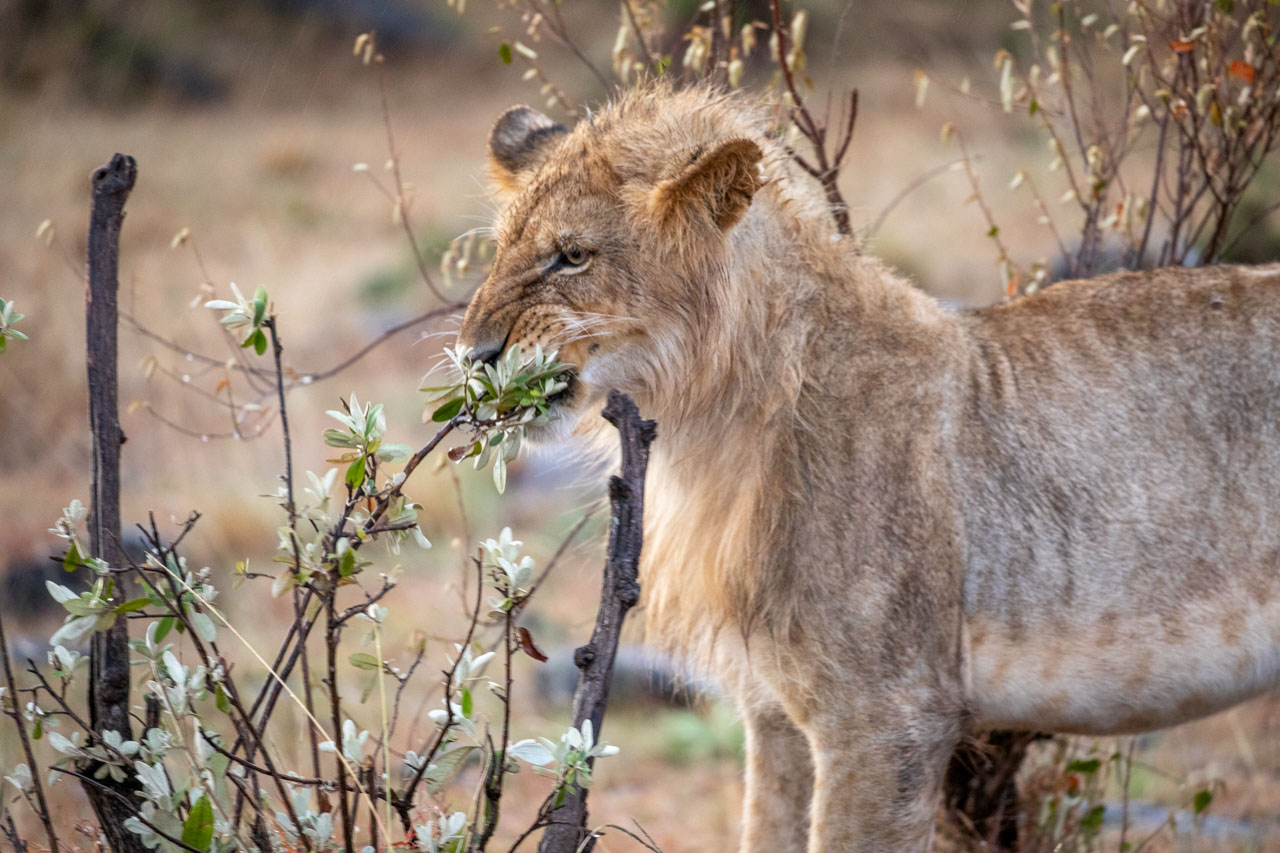Reflections on Decomposition


Rüppel's Griffons lean in for conversation with White-backed Vultures in Maasai Mara National Reserve.
Composers make; decomposers unmake. And unless decomposers unmake, there isn’t anything that the composers can make with.
— Merlin Sheldrake, Entangled Life
A mother Lion and her cubs polished off a Wildebeest, while a crew of Vultures, Eagles, and Jackals milled behind them impatiently for their turn. This scene plays out millions of ways, everywhere, at all times, but only certain biomes can support the size of life that makes it this dramatic and bloody to witness. I thought about it while I was watching a Northern Cardinal twist and turn in the air after a little Cabbage White butterfly.
One of my favorite ways to make myself angry is to read about longevity science. At a recent academic convention in Boston, police had to be called in to break up an overcrowded presentation on “rejuvenation technology” that was breaking fire code. Billionaires love this shit, this opportunity to tack on more years of living. This obsession with this form of “life” is in itself an utter and complete death — prolonged life that requires further manufacture, and which fails to address the environmental and capitalist factors that impact aging, bolstering a system that lacks the ability to decay and to give back those elements which it has taken.

A great portion of the pastor’s sermon at my Nana’s Evangelical memorial service last fall had been about death as unnatural, a temporary human punishment until we can reclaim our bodies eternally. This fear of death, so bare at a celebration of a life of all places, was a thousand needles to my brain.
I work intimately with the deaths of road-killed animals. More often than not this is rites said in the car as I pass on the highway where it’s too dangerous to stop. But every once in a blessed while I encounter an addressable situation where I can move the creature somewhere off the road, where scavengers can more safely access them and where they can more easily decompose.
There is both a physical and a spiritual component to this work, the crux of which hit me repeatedly during that service: decomposition and care for the spent body is not at odds with the continuance of the spirit. It is, in fact, an honor to the spirit.
I finished Entangled Life, and among a million other things I keep marveling at the specialties of fungi — the ability to digest wood, to distribute nutrients, to learn to feed off even cigarette butts. There is something for everything, to keep the circle going. So the composers can keep composing.

Decomposition has come to strike me as a responsibility that we as humans have to facilitate in the Anthropocene. So much of what our colonial, capitalist society insists upon flies in the face of the sacred necessity of decay and of returning spent molecules to the earth to be reused. We often can’t even bear to return our human bodies.